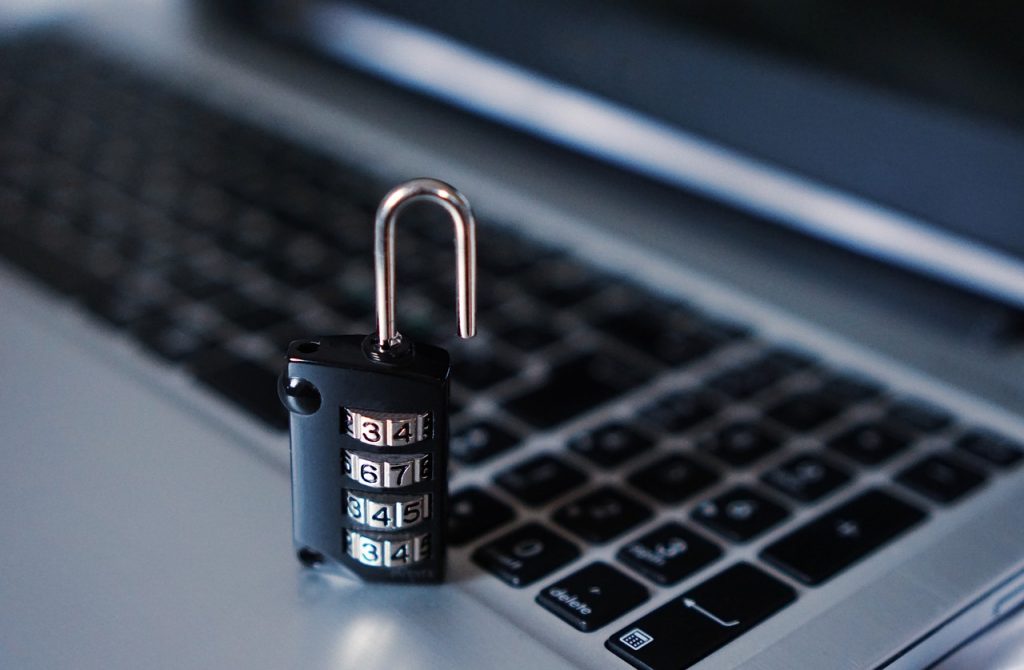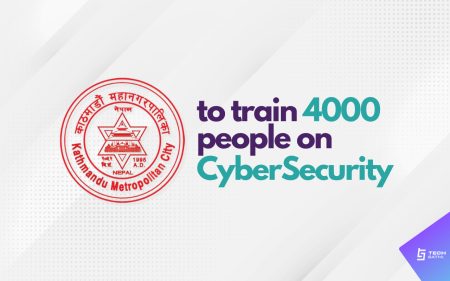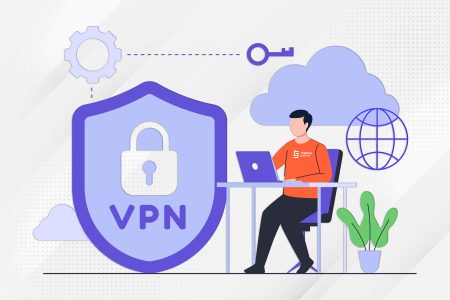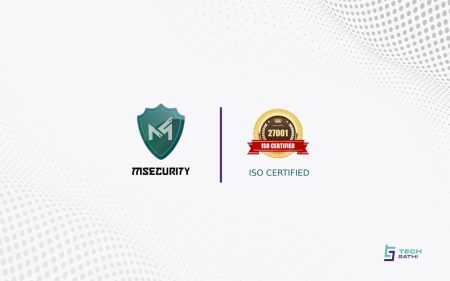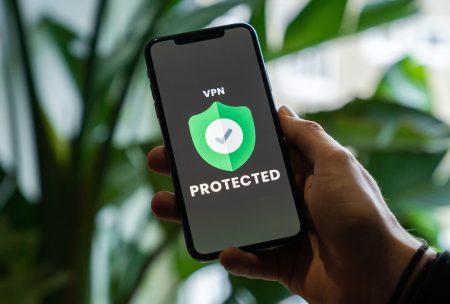Are you hacked? Nothing is 100% secure and everyone is vulnerable to attacks. But, the level of vulnerability depends upon who you are and how secure your system is. Your system might be compromised and you might not even know. In a lot of cases, it’s really hard to tell but there are some obvious signs that you must not ignore.
First of all, let’s be clear that we are not using the word “hack” to refer to what it precisely means in the context of computer science. We are using the term based on the general understanding of the term i.e. any breach of data.
So what are the signs that inform one that you’ve been hacked?
Let’s list some obvious signs that should not be overlooked.
Your mouse cursor moves and clicks at stuff automatically
If your mouse cursor just glitches aimlessly at times, it might be because of buggy OS, drivers, or hardware issues. But, if your mouse pointer is making some clear directed movements as if someone else is remotely controlling it then it’s most likely that someone is actually doing that.
Disabled software protection
If your antivirus software automatically gets disabled and you cannot access your task manager (activity monitor), and other system software like registry editor that can be used to kill a task then it’s a sign that you’re a victim of sophisticated malware and viruses. Hackers can use your computer as a zombie computer to attack a system of their liking using your computer as their weapon.
You always have unusually high network traffic, data consumption and your device has gotten unusually slow
In this case, it’s highly likely that some virus, malware, or Trojan horse has created a backdoor in your system and using it to conduct a distributed denial of service (DDoS) attack. A DDoS attack is a type of attack where a target server (eg. Google server, Facebook server, etc.) is flooded with an unusual amount of network requests to overwhelm and shut down their system. Your computer might be used as one of the zombies in one of those kinds of attacks.
Your friends are receiving social media messages that you didn’t send
It’s a sign that you’ve infected your device with some malicious software. Or, in some cases, the hacker himself might have direct access to your account and has been sending tailor-made custom messages to make it look genuine.
You cannot access your own account
Cyber-criminals often use methods such as phishing, brute-forcing, social engineering to gain access to your account and change the password of your account to lock you out of your own account.
A strong unique password and non-guessable security questions are a must. Treat your security questions as your alternative passwords so that you don’t fall victim to social engineering where attackers try to guess security questions based on your hobbies and whatnot. Also, don’t even open links (URLs) that look fishy. Constantly change the passwords of your online accounts.
You’ve lost your financial funds
Credit card fraud is rampant. Do not ever enter your credit card details on random non-trust-able websites. A phishing email might have been used to steal your credit card information. Always look at the URL. Don’t open anything that remotely doesn’t look trustable even from your own friends. They might have been compromised as well.
You get a warning that all your files are encrypted and you’ll need to pay money to access your files
Ransomware attacks are pretty prevalent these days. Cybercriminals make these ransomware viruses to demand money from you. It’s smart not to download any untrustworthy third-party software.
Your browser is littered with all these browser toolbars that you did not install
Adware and malware like these usually ruin your browsing experience by constantly redirecting you to spam websites. They could even redirect you to phishing sites that steal your personal information. They’re never a good sign. Malware-bytes and similar software is a must in these kinds of scenario.
What can you do to be secure and not get hacked?
- Always look for the warning signs.
- Secure your accounts and devices.
- Constantly change your passwords.
- Use a password manager and a random password generator.
- Never ever install non trusted software (unless you know what you’re doing).
- Antivirus is not enough. Be vigilant about what you visit, where you click etc.
How to regain control back after being hacked?
- Every software company has policy on account recovery. Check for those.
- In case of doubt, contact their customer support.
- Check your settings.
- Reset your devices and accounts.
- Secure everything (use anti-malware, antivirus, password manager, multi-factor authentication, VPN and TOR etc.)


